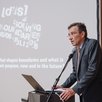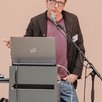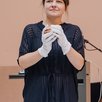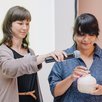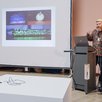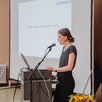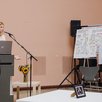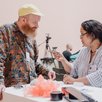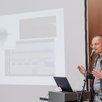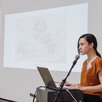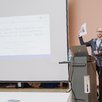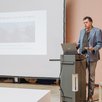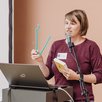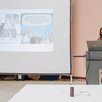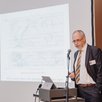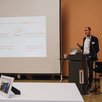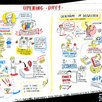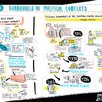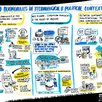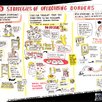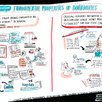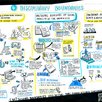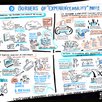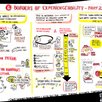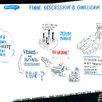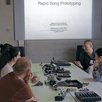

[dis]solving boundaries
[dis]solving boundaries
5 and 6 July 2018
Boundaries are omnipresent: as fences between neighbours or borders between nations, language barriers or divisions between experts, in the natural and virtual world, in the form of stress limits and areas of responsibility, between the visible and the invisible, between the factual and the post-factual, between autonomy and dependency. Our skin is also a dynamic barrier that grows, ages, and renews itself. It is both the limit of every tactile experience and the means of its connection. It encloses living bodies and protects the individual inside. Its permeability is vital; its absence would be fatal. Like the skin, demarcation is omnipresent and of existential importance.
Borders are subject to permanent processes of renegotiation: they are transgressed, postponed, opened, reinterpreted. To interpret the limits of one's own discipline as something to be overcome in the service of a new understanding of art and science; to develop and to find each other through the confrontation with different disciplines, by establishing relationships with one another. This vision was a programmatic focus of the State Bauhaus School, which began in Weimar nearly 100 years ago.
The »Young Bauhaus Research Conference 2018« at the Bauhaus-Universität Weimar takes up this basic idea of the Bauhaus and asks: What shapes boundaries and what is their purpose, now and in the future? Scientists from diverse fields, artists, and designers are invited to enter into an interdisciplinary discourse on the following issues at the conference, in panels, rounds of talks, workshops, and performances:
Fundamental Properties of Boundaries
- What are the purposes of boundaries?
- What remains when boundaries vanish? Where do they lose their expected qualities?
- How do we want to shape borders and boundaries in the future?
Borders of »Experienceability«
- How does society handle the unfamiliar or the invisible, and which challenges do science, technology, arts, and design face?
Disciplinary Boundaries
- What is the significance of disciplinary borders and interdisciplinarity for science and progress today?
- Which advantages and challenges come with interdisciplinary and transdisciplinary collaborations in science, art, and design?
The conference is organised by the Bauhaus Research School together with an interdisciplinary team of doctoral candidates and post-doctoral researchers. It is supported financially by the DAAD with funds from the BMBF as part of the project Welt.Raum.Bauhaus | IPID4all. The conference will take place on the occasion of the 10th anniversary of the Bauhaus Research School, a central research institution which functions as a contact point for all doctoral students of the Bauhaus-Universität Weimar and provides space for networking and exchange beyond the borders of subjects and faculties.

